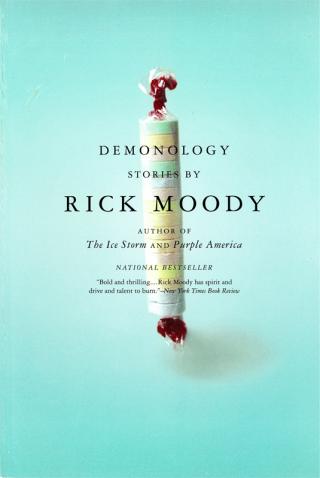
Аннотация
Among the swirl of ethnic weddings at a marriage mill in Connecticut, grief-stricken employee Andrew Wakefield plans an evil revenge against his dead sister's fiancé that involves a chicken mask and human ashes. Andrew, the central character in "The Mansion on the Hill," is just one of the many offbeat and troubled characters who populate Demonology, the second short story collection by Rick Moody, the author of the acclaimed novels The Ice StormPurple America. In this brilliant, satirical collection framed by the deaths of two sisters, Moody uses his acerbic wit and perceptive eye to address our futile attempts to find meaning and catharsis in our suffering.
Moody's stories navigate long, winding roads over which the author capably propels his readers toward certain intended epiphanies. In "The Carnival Tradition," he plays with the chronology of two aspiring bohemians in Hoboken, New Jersey, in 1985, then brings them back to when they met as teenagers ten years earlier on Halloween. What begins as a send-up of scrambling and pretentious artists evolves into a comedy of manners about rich and awkward adolescents, finally becoming a devastating meditation on the loss of love and the death of youthful dreams. The story's maimed protagonist is left alone and isolated.
Moody further displays his penchant for breaking short story conventions when he uses a newly discovered cassette collection to tell of the downward spiral of an upper-class ne'er-do-well. In "Wilkie Fahnstock: The Boxed Set," notes on the cassette tapes record the rock hits through the 1970s and '80s, as well as the young scion's inability to hold down jobs, stay out of drug rehab, stay in graduate programs, or to develop a meaningful life.
In "Surplus Value Books, Catalogue #13," Moody re-creates the book list of a mentally ill man selling his library. Each title he is selling refers in some way to his obsession with a female graduate student he will never kiss. As the list goes on, the increasing book values and outrageous liner notes become a vehicle for expression of the madman's hysteria.
In the title story, which ends the collection, Moody weaves a compelling ode to a sister who dies suddenly. With the orange flames of Halloween licking the edges of the story, Moody chronicles the sister's difficult but not entirely meaningless life while she takes her kids trick-or-treating. The grief of the narrator is unflinching.
Moody is on firmest ground in Demonology when he takes apart life in suburban America and examines the pieces with his biting humor. His mockeries of social conventions illuminate the raw human feelings of hurt and loneliness in his characters. Demonology proves once again that Moody is a master storyteller who weaves elaborate tales, bringing readers right where the writer wants us: looking into a mirror that reflects our naked emotions.

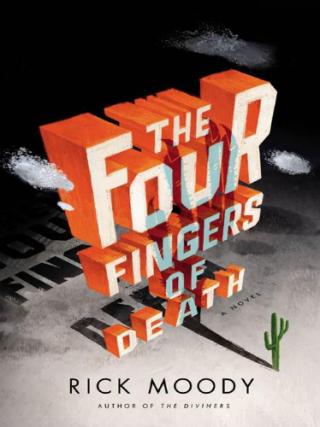

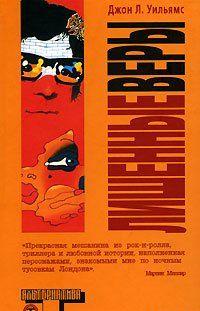
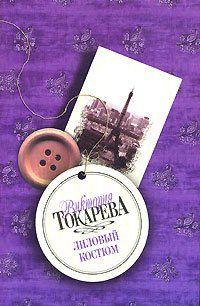

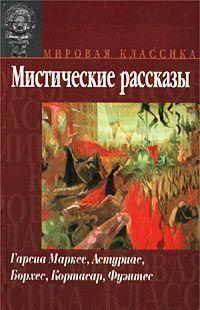
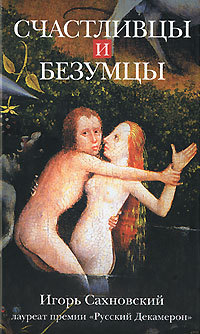

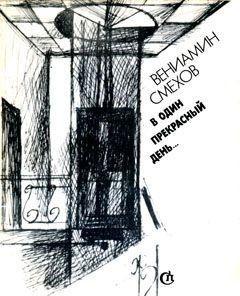
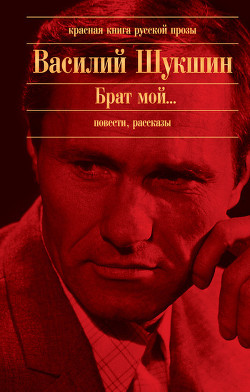



Комментарии к книге "Demonology"